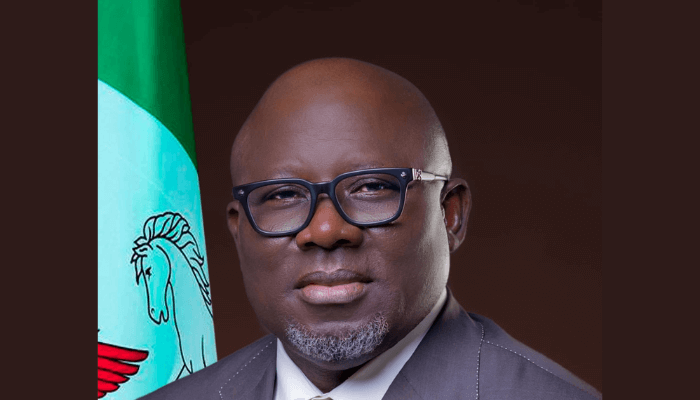Abuja – The Education Data, Research and Evaluation in Nigeria (ENDOREN) says it is developing evidence-based strategy for policy making in Nigeria’s basic education system.
ENDOREN’s Country Director in Nigeria, Prof. Oladele Akogun, made this known when he briefed newsmen in Abuja.
ENDOREN was established by the UK Department for International Development (DFID) to ensure that research is integrated into DFID’s education support to Nigeria.
It was also set up to strengthen national capacities to demand and supply and use quality data for education decision making.
“Our mission is to ensure that by the year 2017, when the first phase of DFID support ends, ENDOREN will have made significant contribution to the improved use of quality data, production of credible evidence and evaluation in DFID’s basic education project portfolio.
“We will by that time have developed evidence-based strategy for strengthening the process of supporting policymakers with quality data for making decisions.
“Other products from ENDOREN are comparative review of basic education reforms, studies on teacher management, teacher production and demand,’’ Akogun said.
The director said that ENDOREN contributes to capacity building in Nigeria through ‘hands on training’, participatory research and mentoring of a mid-level to national researchers.
According to him, ENDOREN is on the path of being the institution of first contact in the search for evidence that guides our national quest for accessible and quality education to all Nigerians.
He said the Nigerian Education website: www.nigeria-education.org designed in 2014 by ENDOREN in collaboration with DFID had attracted a lot of visitors.
The professor said the website should be a one-stop-shop for researchers, educationists, journalists and anybody seeking information about Nigerian basic education.
“For the education system to be productive and functional, policy makers have to be pushed to use evidence in decision making,’’ he said.
He said that ENDOREN had compared Nigeria’s basic education with countries like India, South Africa and Brazil which have similar challenges as Nigeria, adding that its findings would be published soon.


